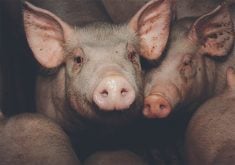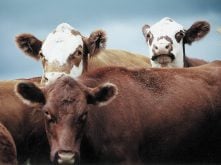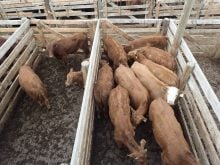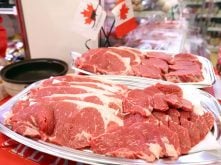WASHINGTON, D.C. Ñ Martin Rice has spent almost 20 years periodically prowling the corridors of power within stately granite buildings of America’s capital city.
But even with all that experience in navigating Washington, Rice, the executive director of the Canadian Pork Council, can still get jolted. Last week’s trade rulings by the United States Department of Commerce that reduced dumping fees on Canadian exporters of feeder pigs did not surprise Rice, but the 18-month trade battle that led to U.S. dumping fees of 14 percent on most Canadian hogs did not contain any usual omens of impending friction.
Read Also
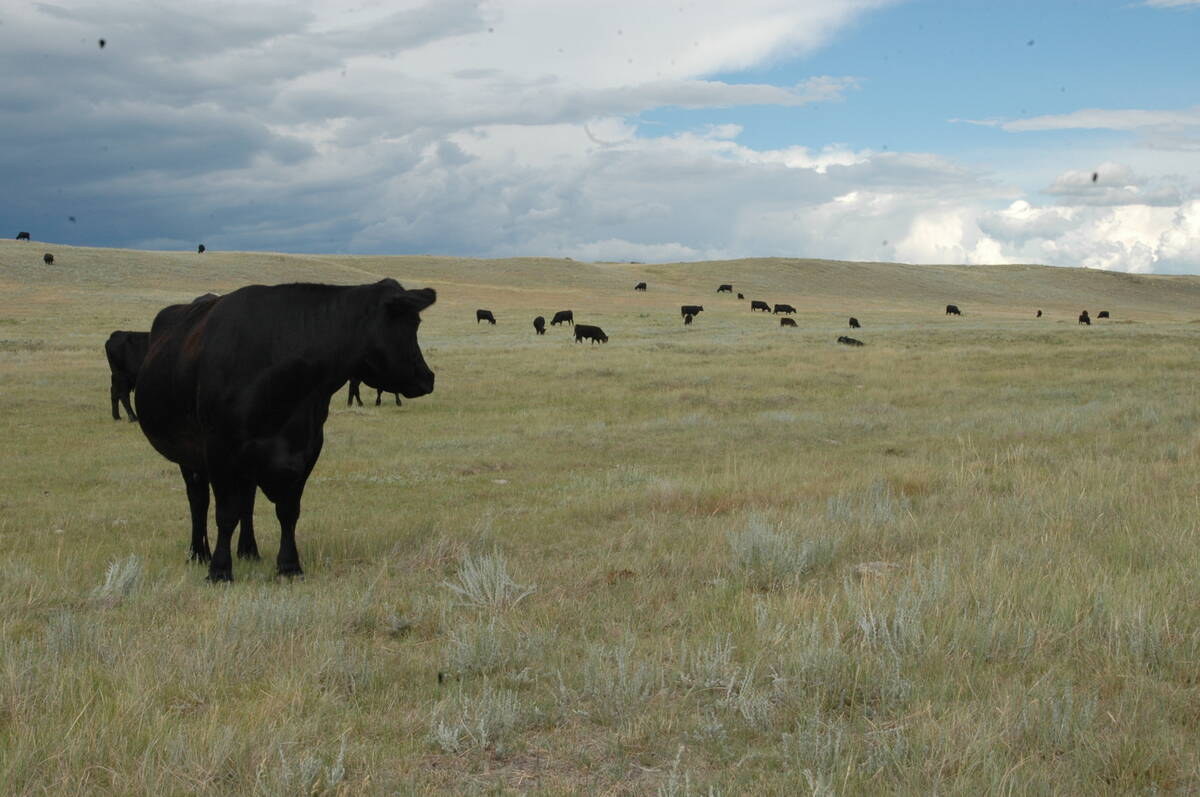
Saskatchewan Cattle Association struggles with lower marketings
This year’s change in the provincial checkoff has allowed the Saskatchewan Cattle Association to breathe a little easier when it comes to finances.
“In previous trade actions, you could see it coming months in advance. There would be resolutions at pork producer conferences. There were producers writing letters to the editor of farm magazines complaining about Canadian pigs,” said Rice.
Protectionist sentiment has always been strong in America’s capital, said Rice, who began defending the interests of Canadian hog farmers in the mid-1980s.
It ebbed slightly during U.S. president Bill Clinton’s pro-free trade administration.
Regardless of their political parties, Rice accepts that most U.S. farm-belt senators and congressmen will look to protect the interests of their constituents and major campaign contributors.
“They represent American interests; that’s their job. The trick is to get them to appreciate that America’s interests are not always best served by closing borders,” said Rice, who grew up in a farming community in Ontario’s Niagara Peninsula.
For Rice, that means identifying and working with American allies such as the American Meat Institute, which represents the U.S. meat packing industry.
While groups such as R-CALF have dominated headlines in Canada for their aggressive tactics in keeping Canadian cattle out of the U.S., Canada’s U.S. allies on trade usually take a more low-key approach.
“Canadian producers may hear about R-CALF and other organizations that tend to be vocal and get more media play,” said Ron Krystynak, agriculture counsellor at the Canadian embassy in Washington.
“Other organizations tend to work more under the radar. They may not put out the same number of press releases but they do have good contacts on Capital Hill.”
Krystynak, who has spent more than two years in Washington after more than 20 in Ottawa, sees power in America’s capital city as far more dispersed than it is in Canada.
“They may have differing views in the House and the Senate and it isn’t always broken down on partisan lines,” said Krystynak, who grew up on a farm near Markinch, Sask., about 45 minutes north of Regina.
“On some issues, it’s being handled by the Bush administration. In that case, we can make interventions government to government. On other issues being dealt with by Congress, then that’s when we try to work with like-minded U.S. allies.
“For the BSE situation, when the issue comes before Congress, industry allies such as the National Cattlemen’s Beef Association and the American Meat Institute are heard on Capitol Hill more than Canadian interests because they do vote and make campaign contributions.”
Some critics have linked Canada’s friction with U.S. trade policies with prime minister Paul Martin’s decision to not participate in the U.S. missile defence plan. Rice and Krystynak dismiss that link.
Canadian politics get little notice in Washington, especially by department of commerce bureaucrats who set dumping fees on Canadian pork or policy makers who decide on border closures for cattle, Rice said.
“None of the people in the department of commerce would have heard about missile defence. There might be some people in the state department that would care, but those kinds of things don’t register down here,” he said.



